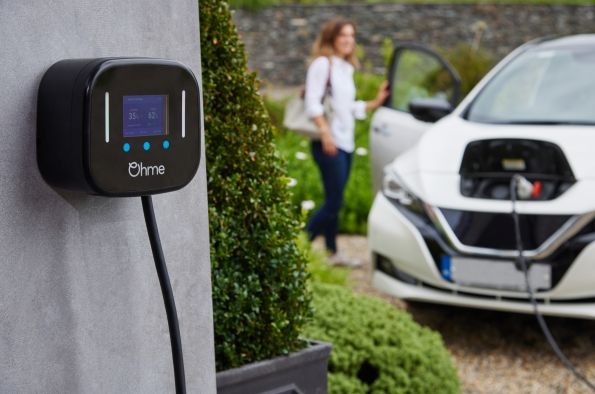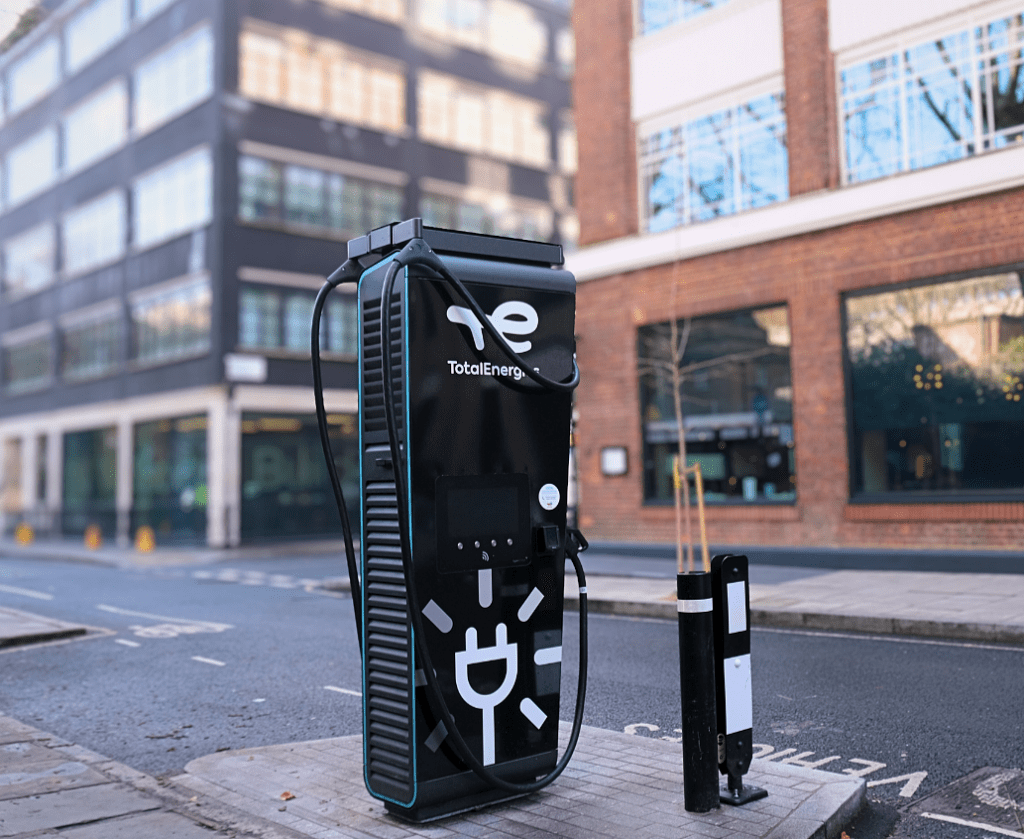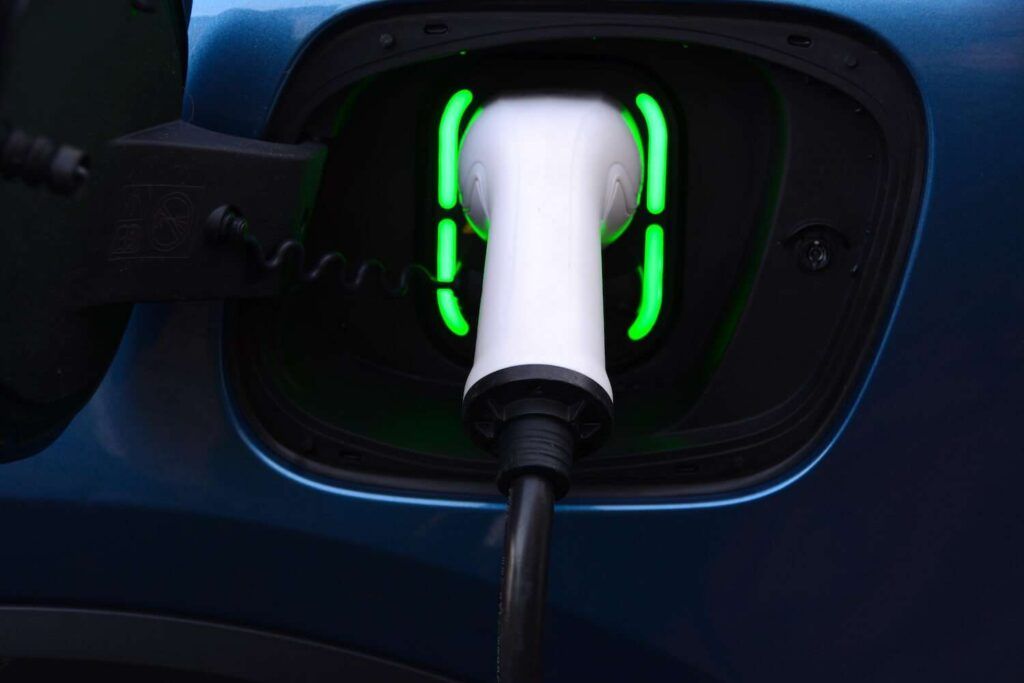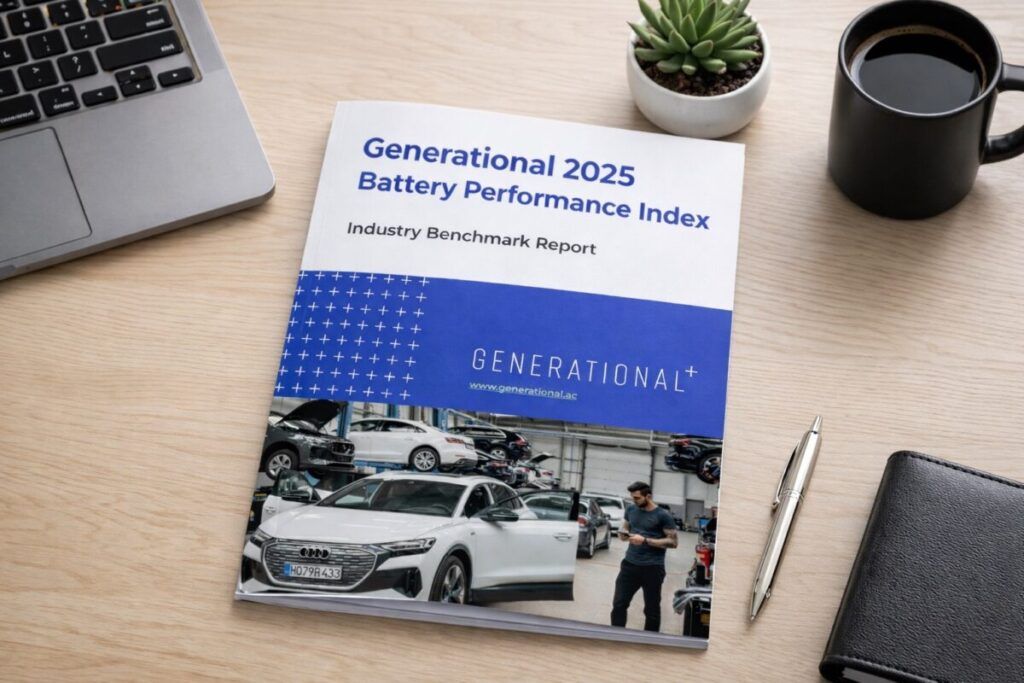New legislation which requires all home and workplace electric vehicle (EV) chargers to have smart charging capabilities comes into force today (30th June 2022).
The new laws are aimed at helping to manage the strain on the national grid. They are designed to encourage drivers to use smarter tariffs to avoid thousands of EVs charging at once during peak hours, which is usually during the day and evening.
Charlie Cook, the founder of Rightcharge, a site that helps EV drivers install a charge point and save money on their energy bills, said: “The regulation is an excellent idea because more drivers will become familiar with smart charging, which allows them to easily charge overnight when its cleaner and cheaper. Overnight charging is best for our planet, our pocket and our electricity grid. It cuts energy bills by hundreds per year per household, uses electricity that is 25% cleaner and avoids the need to spend billions of pounds on upgrades to our national grid.
“Our cars and our electricity systems have historically been completely disconnected. However, the rise of electric vehicles means the two are now inextricably linked. Charge points are the technology that binds them. And crucially, it’s the software in the charge point that dictates the impact electric cars have on our electricity network. If all drivers have smart charge points that can schedule charging for the cheapest times of day, then our grid will require billions of pounds less in investment to be fit for a 100% EV world. The millions of home charge points that will be installed this decade are a piece of national infrastructure. How well that infrastructure works will be dictated by the decisions of millions of individual homeowners.”
Smart charger provider Ohme has warned that drivers buying a new electric vehicle charger after 1 July should ensure it meets the latest regulations.
The new Government regulations require all home and workplace electric car chargers to have smart capability. Ohme is concerned that some non-compliant chargers may still be sold after the 30 June cut-off date by individual sellers outside of official channels.
“Retailers are legally bound to only sell smart chargers from 1 July and there are numerous advantages to buying a smart charger such as our Ohme Home Pro, which meets the latest regulations,” explains Ohme Sales Director Stuart Clark. “If anyone buying a new EV charger is in doubt, they should check with the manufacturer or retailer and ask to see the Statement of Compliance for the charger which will confirm that it meets the latest regulations.”
The new regulations mean that all smart chargers need to have a data connection to be able to measure and transmit records so that drivers can view their charging history. Drivers should ensure that their new charger meets the new regulations to take advantage of these new functions and for an improved charging experience in the future.
Charlie O’Donoghue, Head of Product at electric vehicle charging company Easee UK, said: “These new regulations are a significant step forward as the UK strives to meet its ambitious net zero targets, and will benefit electric vehicle owners up and down the country. Not only will they improve how our national grid operates, better managing electricity so that electric vehicles charge when the grid is at its greenest and cheapest. They will also ensure that every company who makes an electric vehicle charger will be held to the high standards which Easee strives for, meaning only the best quality and safest products will be allowed to be sold here in the UK.
“We are keenly aware of the climate crisis and aim to help make the transition to electric vehicles as green, seamless, and accessible as possible, and we believe that these new regulations are an important milestone in the UK’s journey to a greener future.”
Gill Nowell, Head of EV, LV= General Insurance & ElectriX, commented: “The requirement for all home and workplace chargers to have smart functionality is a welcome next step on our electric journey. It’s a win-win for electric car drivers who can charge at lower cost off-peak, and it helps avoid grid overload when energy use is high. Plus, people can opt to override the pre-set schedule at any time, so there should never be a worry that you won’t have enough range to get you to where you need to go. Ultimately this is about further improving the charging experience for customers thanks to better management of the local electricity network.”
Image courtesy of Ohme.












